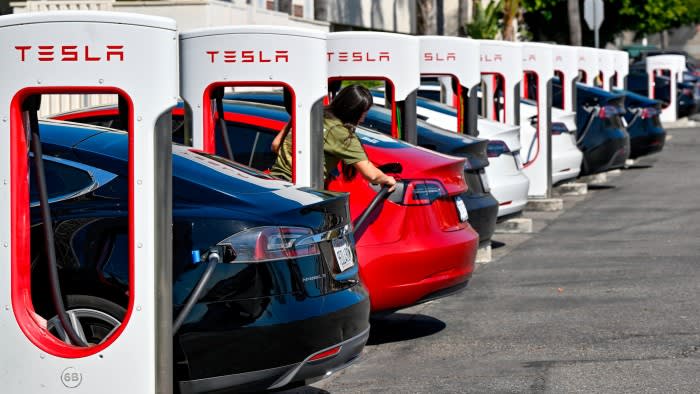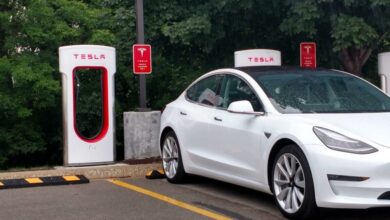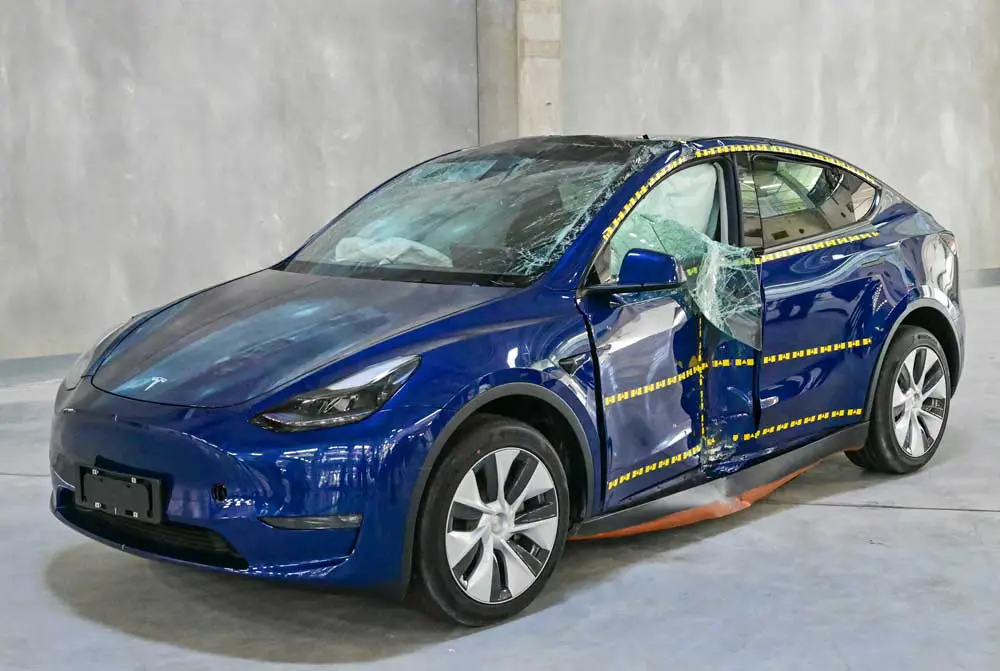IEA bullish on electric vehicle sales in 2024

Stay informed with free updates
Simply sign up to the Electric vehicles myFT Digest — delivered directly to your inbox.
Sales of electric vehicles will “grow strongly” this year and could see battery and hybrid models account for one in five cars sold worldwide, according to a bullish forecast from the International Energy Agency that runs counter to carmakers’ concerns over consumers’ appetite for EVs.
Despite “challenges in some markets,” the “share of EVs on the roads is expected to continue to climb rapidly” in the coming years, the IEA said in its annual outlook report.
Sales of battery electric and plug-in hybrid cars could rise more than 20 per cent to reach 17mn this year, up from just under 14mn in 2023, and grow to account for as much as two-thirds of global sales by 2035, it said.
“Rather than tapering off, the global EV revolution appears to be gearing up for a new phase of growth,” said IEA executive director Fatih Birol.
“Based on today’s policy settings alone, almost one in three cars on the roads in China by 2030 is set to be electric, and almost one in five in both the United States and EU. This shift will have major ramifications for both the auto industry and the energy sector,” he said.
The report stands in stark contrast to comments from carmakers, who warn that interest in battery cars among mainstream consumers is falling as they are put off by the vehicles’ higher prices as well as the lack of recharging points.
Both Tesla and BYD — the world’s first and second-largest EV manufacturers — reported a strong drop in sales in the first three months of this year compared with the previous quarter.
On a year-on-year basis, deliveries fell almost 9 per cent for Tesla while rising 13 per cent for BYD, although the figure was nowhere near the 85 per cent annual growth the Chinese group reported in the first three months of 2023.
The car industry’s use of incentives to stimulate demand has also risen sharply in the past year in big markets, including the US, UK and Germany, as manufacturers try to bring down their prices.
Yet the IEA said the market was still growing strongly, with global sales in the first quarter of 2024 a quarter higher than the equivalent period in 2023.
“The number of electric cars sold globally in the first three months of this year is roughly equivalent to the number sold in all of 2020,” it said.
Much of that growth came from China, where two-thirds of electric cars were already cheaper to purchase than their petrol equivalents, the IEA found.
In the US and Europe, EVs remain significantly more expensive to buy than engine rivals, though they have lower running costs that make them more economical in the long run.
The IEA forecast that growing exports from Chinese brands would lead to “downward pressure on purchase prices” in other markets over time, helping to drive adoption.



